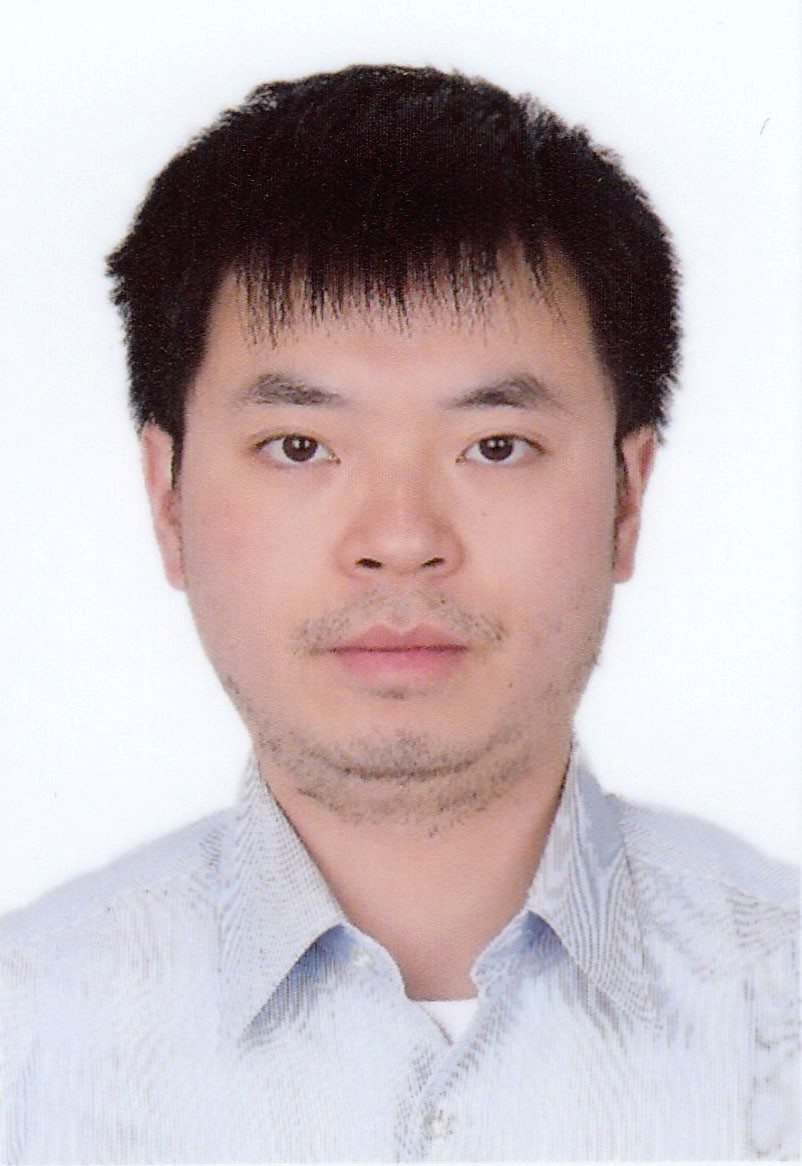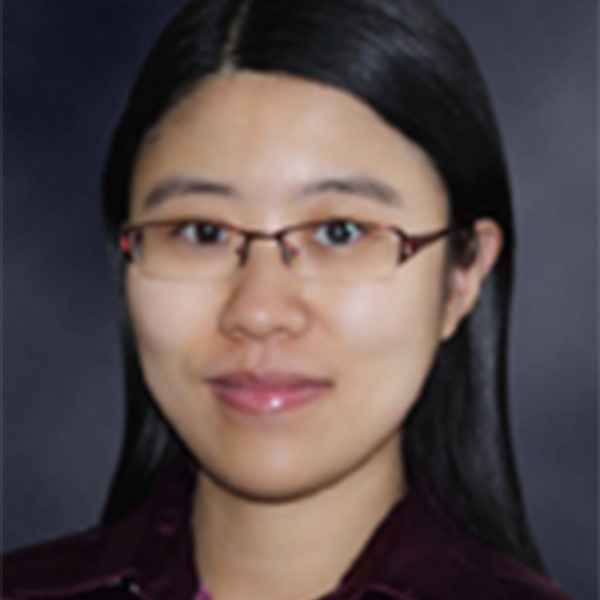一、承办院系School/Department host:
电子工程系 / Department of Electronic Engineering
二、挑战主题Theme:
面向人类健康的未来信息技术
Future Information Technology for Human Healthcare

三、导语/背景情况概述Background:
在新冠疫情期间,我们已经可以意识到信息技术在抗击疫情方面的巨大作用。在后疫情时代,未来的信息技术(包括软件、硬件各个方面)将如何发展,并如何解决人类面临的各种医疗健康问题?
During the outbreak of COVID-19, we have witnessed the great impact of advanced information technology. After the pandemic, how will information technology (including both hardware and software) be revolutionized, and how will it address various challenges of human healthcare?
四、该领域比较关注的问题Our key topics of interest:
1. 信息技术如何应对老龄化问题?How can information technology address the aging population?
2. 信息技术如何帮我们应对下一次全球传染病大流行?How can information technology help us prepare for and confront the next pandemic?
3. 信息技术如何重新定义我们的学习和生活方式?How can information technology impact our way of life and learning?
五、主讲老师Hack Leader

盛兴,目前就职于清华大学电子工程系,担任副教授。2007年获得清华大学学士学位,2012年毕业于美国麻省理工学院,获得博士学位。2012年至2015年在伊利诺伊大学香槟分校从事博士后研究。主要研究兴趣是开发新型的光电子材料与器件,用于生物医疗技术特别是神经界面。
Xing Sheng is currently working as an associate professor in the Department of Electronic Engineering at Tsinghua University, China. He received his bachelor and PhD degrees from Tsinghua University and Massachusetts Institute of Technology, respectively. He worked as a postdoctoral researcher at University of Illinois Urbana-Champaign. His current interests are primarily in the exploration of implantable micro- and nano-scale optoelectronic devices, to enable high performance and versatile applications in biomedicine.
六、导师Mentors
马骋

马骋,清华电子系副教授。2004年获得清华大学电子工程学士学位,2012年获得美国弗吉尼亚理工大学博士学位。2012至2016年,在美国华盛顿大学(圣路易斯)生物医学工程系进行博士后研究。他目前的研究兴趣包括复杂介质中电磁波传输,光子—声子相互作用,光声成像,自适应波前控制,深层生物组织光学成像、治疗,以及光遗传学。
Prof. Cheng Ma obtained a BS in Electronic Engineering from Tsinghua University (2004) and a PhD in Electrical Engineering at Virginia Tech (2012). His research interests focus on photoacoustical imaging techniques.
张沕琳

张沕琳,清华电子系副教授。本科硕士毕业于清华大学, 2010年获得香港科技大学博士学位。之后在美国宾夕法尼亚大学进行博士后研究工作。主要研究兴趣是针对传感-脑-机接口应用的芯片设计及系统研发。
Prof. Milin Zhang obtained a BS in Electronic Engineering at Tsinghua University (2004), a MS in Electronic Engineering at Tsinghua University (2006), and a PhD in Electronic & Computer Engineering at Hong Kong University of Science and Technology. Her research interests focus on human-machine interface and advanced neural implants.
七、承办院系简介
清华电子系是清华大学规模最大的院系之一,现有教职工130余人,学生近2000人(其中本科生约1100人,博士研究生近600人)。研究方向涵盖了物理电子学与光电子学、电路与系统、电磁场与微波技术、通信与信息系统、智能信号与信息处理、复杂系统与网络等研究领域,学科全、综合性强,在国际专业排名中进入前十。
The Electrical Engineering Department of Tsinghua University (EE@THU) is one of the largest departments on campus, with more than 130 faculty members and roughly 2000 students (including around 1100 undergraduates and 600 postgraduates). The research areas in EE@THU cover optoelectronics, circuits, electromagnetics, telecommunication, signal process and complex systems. EE@THU has a high reputation, with a global ranking among the top 10.
